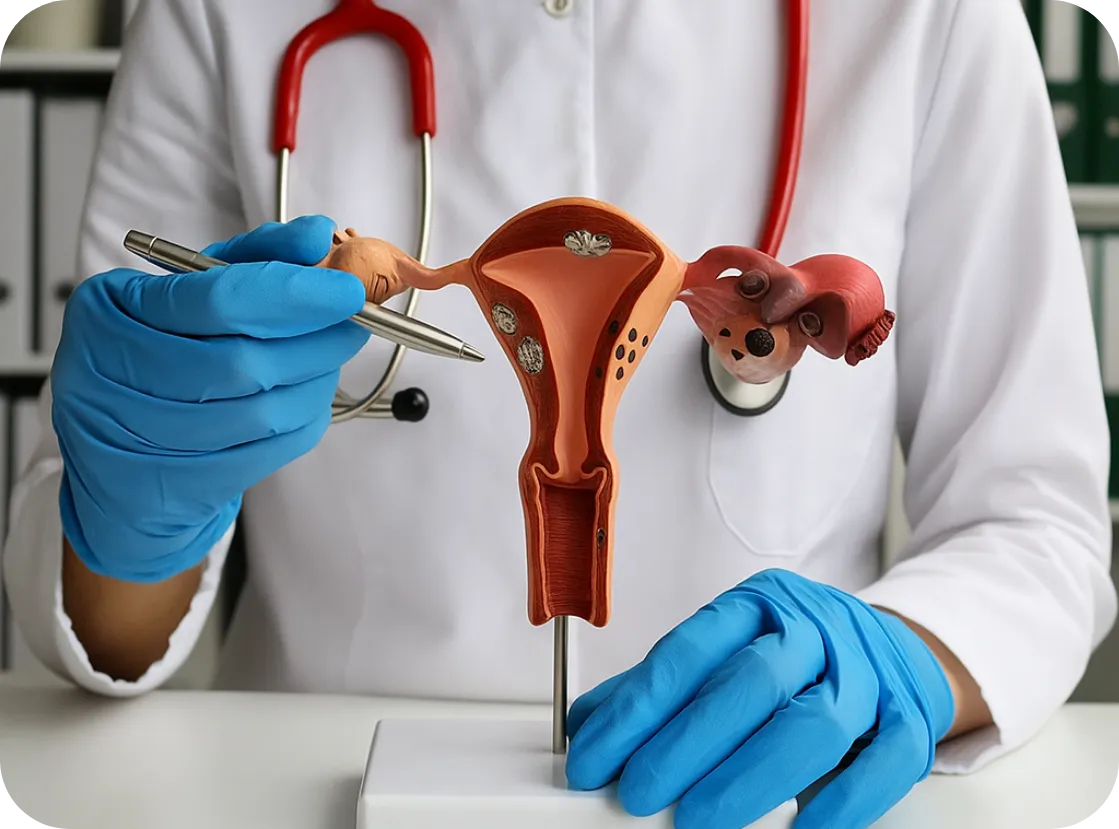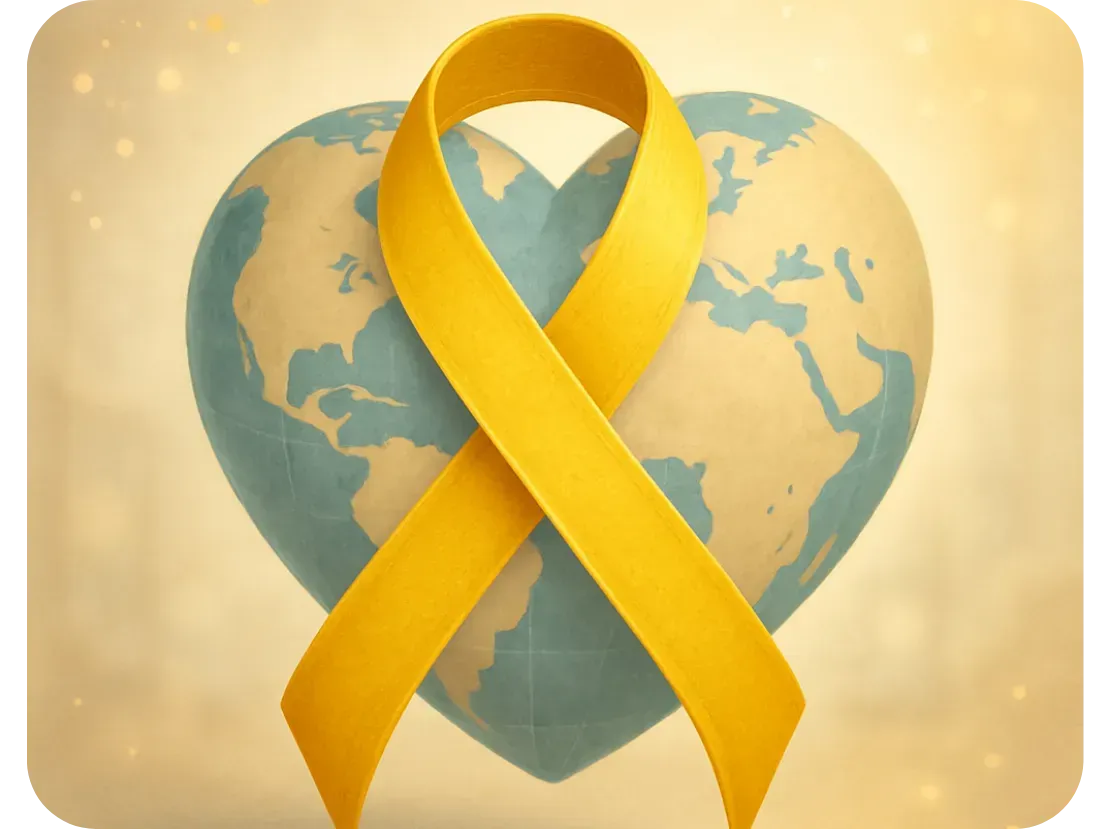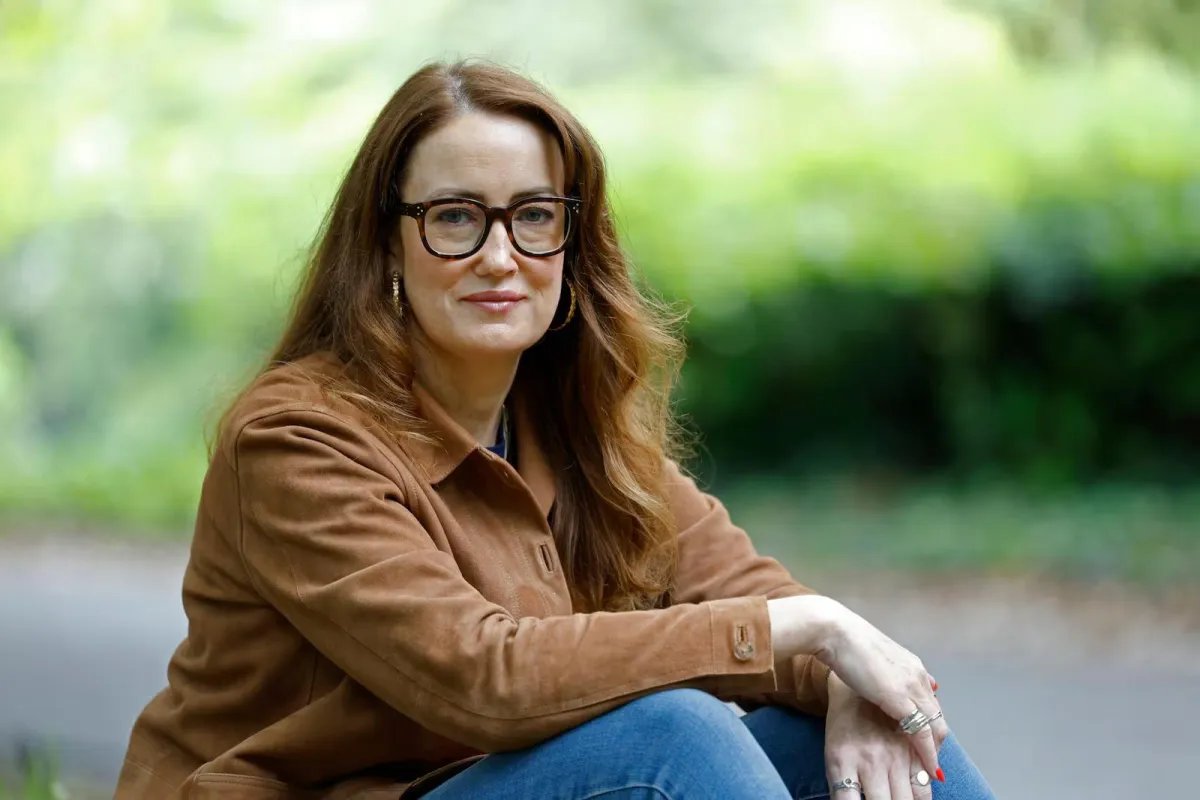Game Changer: World-First Endometriosis Research Institute Launched at UNSW, Fueled by Landmark Donation
By Our Daughters Foundation
Game Changer: World-First Endometriosis Research Institute Launched at UNSW, Fueled by Landmark Donation
By Our Daughters Foundation
This is truly a groundbreaking moment for the millions of individuals worldwide battling endometriosis. A landmark philanthropic donation of an incredible $50 million has been made to UNSW Sydney by the Ainsworth family, establishing the Ainsworth Endometriosis Research Institute (AERI). This monumental contribution, the largest of its kind globally for endometriosis research, is set to position Australia at the forefront of women's health innovation and offers unprecedented hope to the endometriosis community.
The purpose of this historic donation is clear: to accelerate breakthroughs in the diagnosis and treatment of endometriosis, ultimately striving for a cure. AERI's vision is to foster global collaboration, bringing together leading researchers, clinicians, and crucially, patients, to build a deep understanding of endometriosis biology and its pathogenesis. This comprehensive approach is designed to lead directly to improved detection, more effective management strategies, and precision-based treatments that can truly transform lives.

The potential impact on patient care and quality of life is immense. For too long, endometriosis has been misunderstood, misdiagnosed, and often inadequately treated. An institute dedicated solely to rigorous, collaborative research holds the promise of unraveling the complexities of this debilitating condition, leading to real, tangible improvements for those who suffer daily.
At Our Daughters Foundation, this news is incredibly vital to our mission. We are dedicated to funding cutting-edge research, expanding access to compassionate care, and advocating for better solutions for complex hormone-related illnesses like endometriosis. This establishment of AERI perfectly aligns with our commitment to finding answers and ensuring dignity in care for every woman and girl. It's a powerful testament to what focused investment and collaborative spirit can achieve in the fight against these often-neglected conditions.

Join us in celebrating this incredible milestone! Share this news with your networks, and consider supporting ongoing endometriosis research. Your contribution can help fuel more breakthroughs like this. Explore more about endometriosis and how you can help on our website.
Source Citation:
UNSW Newsroom: "Landmark donation powers world-first endometriosis research institute at UNSW"

This is truly a groundbreaking moment for the millions of individuals worldwide battling endometriosis. A landmark philanthropic donation of an incredible $50 million has been made to UNSW Sydney by the Ainsworth family, establishing the Ainsworth Endometriosis Research Institute (AERI). This monumental contribution, the largest of its kind globally for endometriosis research, is set to position Australia at the forefront of women's health innovation and offers unprecedented hope to the endometriosis community.
The purpose of this historic donation is clear: to accelerate breakthroughs in the diagnosis and treatment of endometriosis, ultimately striving for a cure. AERI's vision is to foster global collaboration, bringing together leading researchers, clinicians, and crucially, patients, to build a deep understanding of endometriosis biology and its pathogenesis. This comprehensive approach is designed to lead directly to improved detection, more effective management strategies, and precision-based treatments that can truly transform lives.
The potential impact on patient care and quality of life is immense. For too long, endometriosis has been misunderstood, misdiagnosed, and often inadequately treated. An institute dedicated solely to rigorous, collaborative research holds the promise of unraveling the complexities of this debilitating condition, leading to real, tangible improvements for those who suffer daily.
At Our Daughters Foundation, this news is incredibly vital to our mission. We are dedicated to funding cutting-edge research, expanding access to compassionate care, and advocating for better solutions for complex hormone-related illnesses like endometriosis. This establishment of AERI perfectly aligns with our commitment to finding answers and ensuring dignity in care for every woman and girl. It's a powerful testament to what focused investment and collaborative spirit can achieve in the fight against these often-neglected conditions.

Join us in celebrating this incredible milestone! Share this news with your networks, and consider supporting ongoing endometriosis research. Your contribution can help fuel more breakthroughs like this. Explore more about endometriosis and how you can help on our website.
Source Citation:
UNSW Newsroom: "Landmark donation powers world-first endometriosis research institute at UNSW"
Join Us: Make a Difference Today
Your support can transform lives. Every donation helps us fund research, advocate for better care, and provide essential grants to women facing debilitating conditions.
Join Us: Make a Difference Today
Your support can transform lives. Every donation helps us fund research, advocate for better care, and provide essential grants to women facing debilitating conditions.

My Story: Lisa Tierney-Keogh
Personal Stories: “I’ve Been Branded a Hypochondriac So Many Times”
In a powerful piece published by The Irish Times on July 13, 2025, writer Lisa Tierney-Keogh shares the raw truth of living with endometriosis—a disease that affects an estimated 1 in 10 women. But for Lisa, the real pain wasn’t just the physical suffering—it was the decades-long silence, disbelief, and dismissal by the healthcare system.
“With all the health problems I’ve endured since childhood, I’ve been branded a hypochondriac so many times… I was gaslit into believing that my body was fine—but that I, Lisa, was the problem.”
Lisa describes how, despite agonizing symptoms—pain that radiated to her back, legs, shoulders, and even her diaphragm—she spent nearly 30 years without a diagnosis. Even after her first surgery, she was told “there was just one spot” of endometriosis. But the pain came back worse than ever.
“I couldn’t walk more than 15 minutes. I couldn’t sleep. I was told by one doctor that I ‘think I’m in constant pain.’ That’s when I knew I was in trouble.”
Her story is not unique. For many women, that diagnosis delay comes with job loss, infertility, financial strain, and psychological trauma. This story is about Lisa's experience in Ireland, but this story is common in every country including the US. Average times for diagnosis are very similar in the US, and we still do not have excision specialists in every state. Treatment also can come with a very high price tag because often insurance does not cover the costs of surgery or treatments like Pelvic Floor PT that are shown to give some relief.
A quick summary of Lisa's story:
1. A Burden Hidden in Plain Sight
Endometriosis affects about 1 in 10 Women individuals globally—and many suspect it’s even more common—yet in Ireland the average diagnosis delay is 8–10 years. The author, Lisa Tierney‑Keogh, waited an astonishing 28 years for confirmation
The NHS classifies it among the top 20 most painful conditions, yet research funding and clinical resources remain deeply inadequate
2. A Life of Unbearable Pain—And Distrust
Symptoms extend far beyond pelvic cramps: they include “leg and back pain, shoulder pain, fertility issues, painful bowel issues, headaches, brain fog, chronic fatigue, shortness of breath…”
As a child and teen, Lisa was repeatedly dismissed:
“With all the health problems I've endured since childhood, I've been branded a hypochondriac so many times, been gaslit into believing…my body was fine, but I, Lisa, was the problem.”
3. Diagnosis and the Broken System
The path to diagnosis is nearly always surgical (laparoscopy), but Ireland’s system is crippled by understaffed clinics and long OR waitlists
Even when undergoing surgery in early 2020, Lisa was told only “one spot of endometriosis” was found and ablated—but the disease returned with a vengeance
4. Pain Ignored—or Gaslit
After surgery, Lisa's pain intensified drastically. She couldn’t walk more than 15 minutes or sleep through the night, yet medical communication described her as thinking she’s in constant pain
“When I’m cc’d on a letter that includes the sentence, ‘She thinks she’s in constant pain,’ I realise I’m in trouble.”
— Lisa Tierney‑Keogh
Read Lisa's full story from the Irish Times by clicking the link below:
“Life with endometriosis: I've been branded a hypochondriac so many times” – The Irish Times
